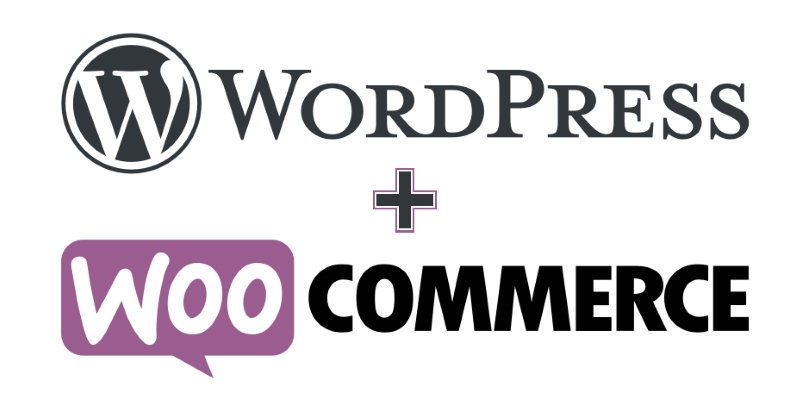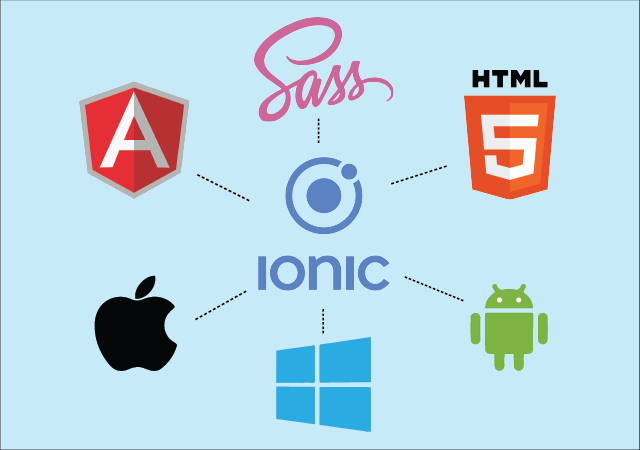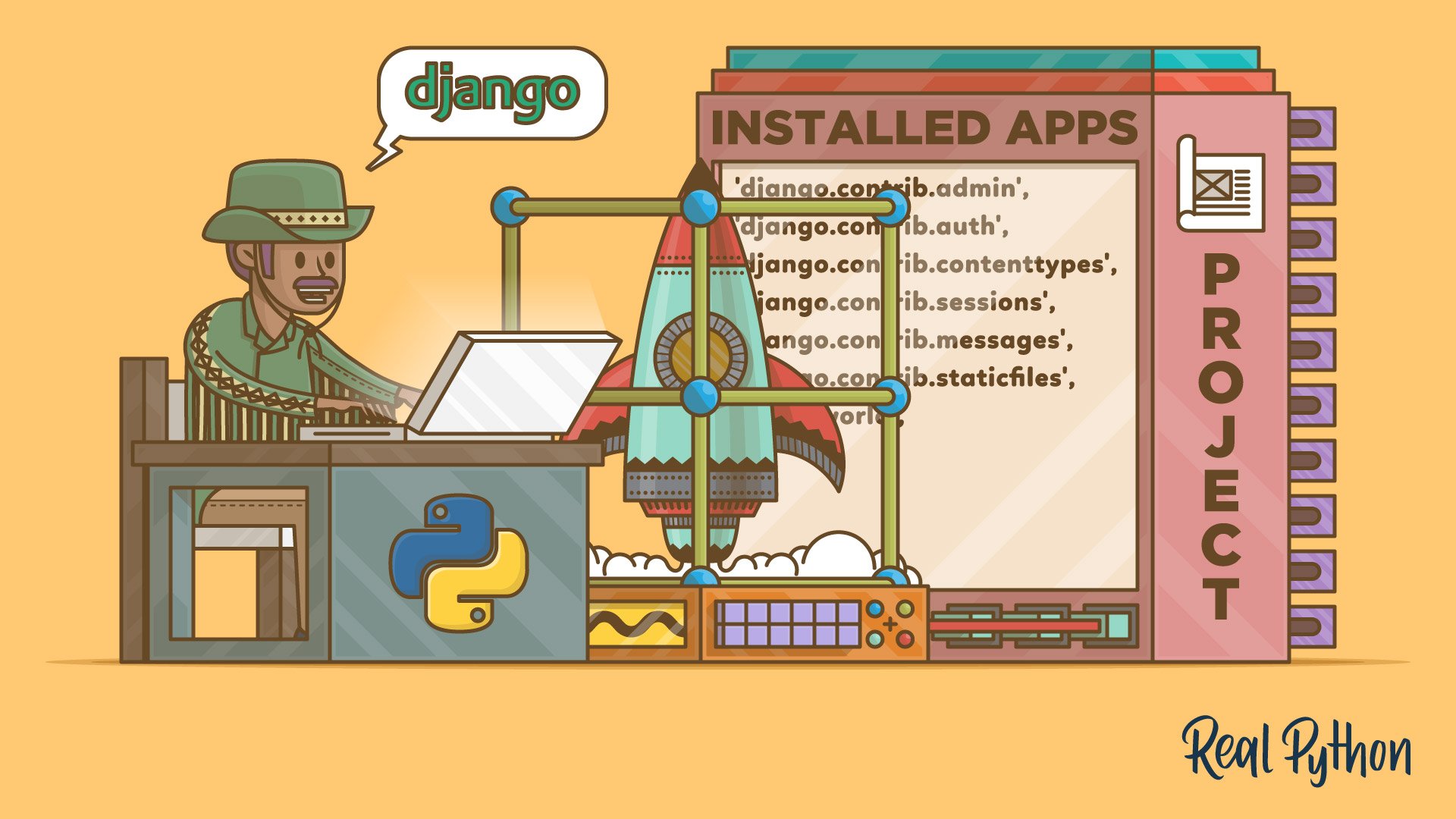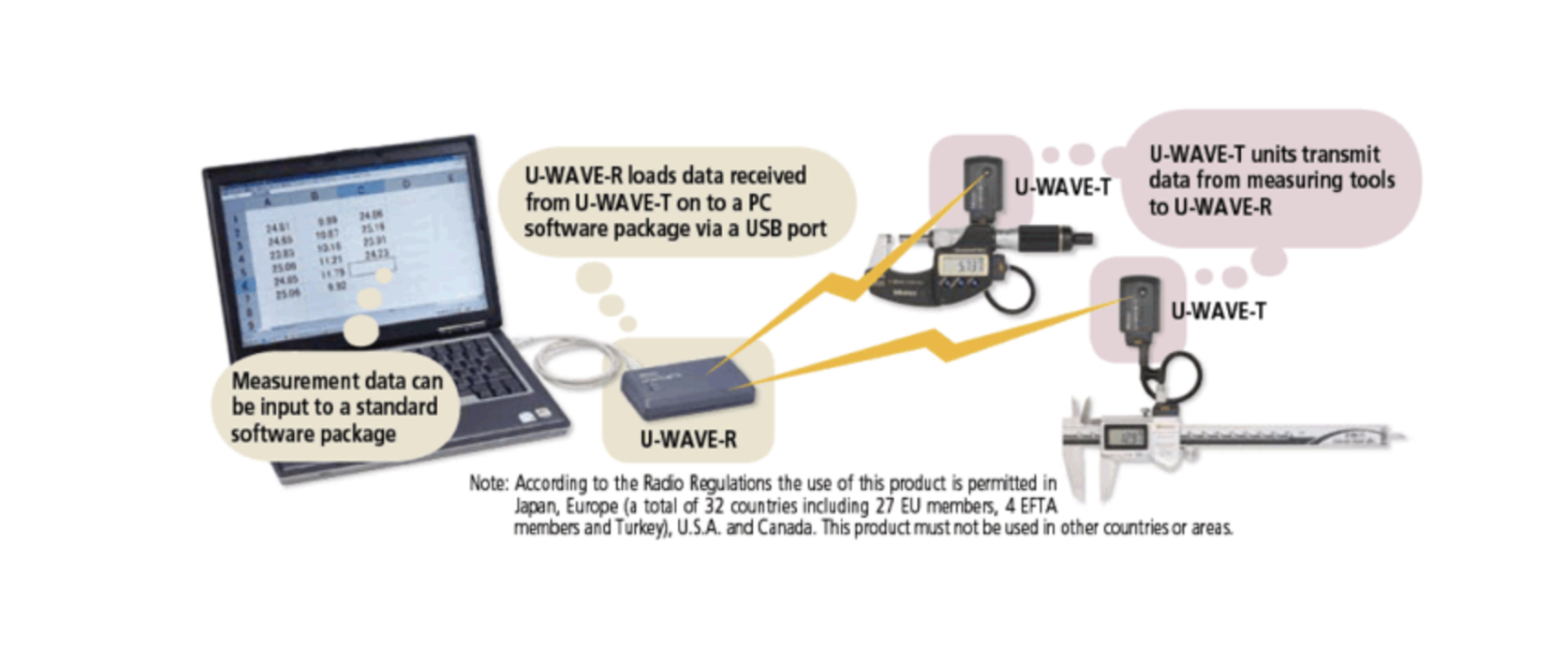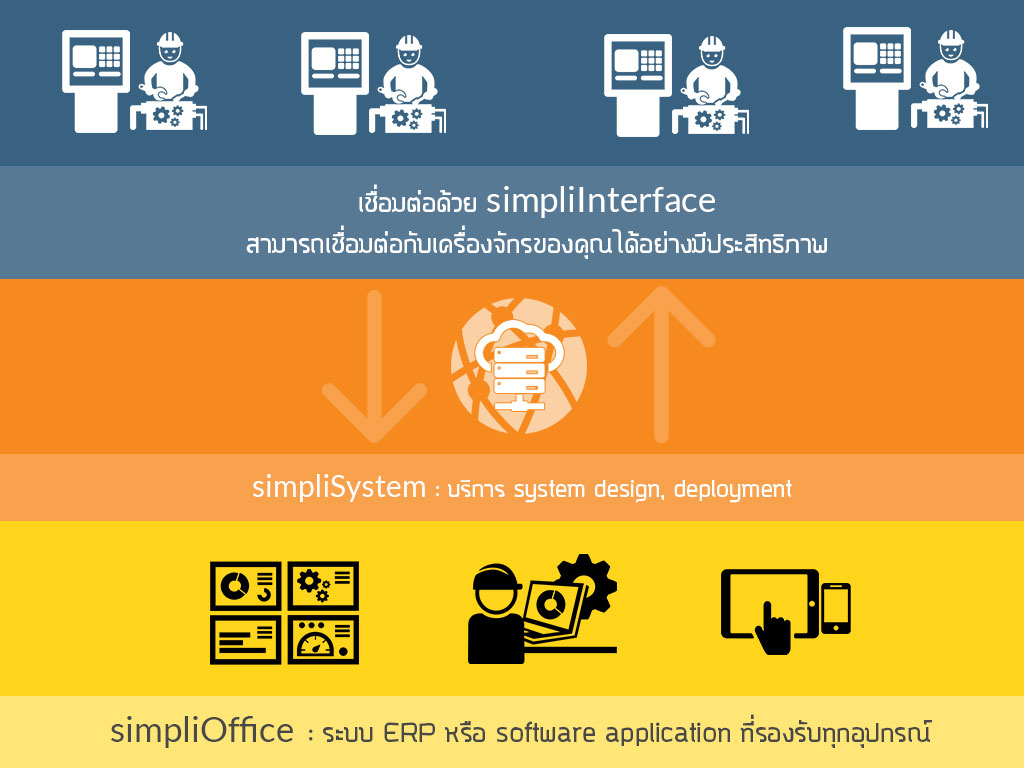Is ERP Suitable for Small and Medium-Sized Businesses (SMBs)?
When most people think about Enterprise Resource Planning (ERP) systems, they often associate them with large corporations managing complex operations. However, in today’s rapidly evolving business environment, ERP systems are no longer just for big enterprises. Small and medium-sized businesses (SMBs) are increasingly adopting ERP systems to streamline processes, improve efficiency, and scale effectively.
But the question remains: Is ERP really suitable for SMBs? The answer is a resounding yes! Here’s why.
1. Tailored Solutions for SMBs
Modern ERP systems are highly modular and scalable, making them suitable for businesses of all sizes. For SMBs:
- Start Small, Scale Later: You can begin with the essential modules like accounting, inventory, or sales and add more as your business grows.
- Cloud-Based Options: Many ERP systems offer affordable, cloud-based solutions with lower upfront costs, eliminating the need for expensive hardware.
Example:
A small retail business can start with inventory and point-of-sale (POS) modules and later integrate CRM and e-commerce as the business expands.
2. Efficiency and Automation
SMBs often face resource constraints and manual workflows that consume time and money. ERP systems provide:
- Automation: Automate repetitive tasks like invoicing, order processing, and inventory tracking.
- Centralized Data: Replace disconnected spreadsheets and systems with a unified platform, reducing errors and improving data accuracy.
Example:
A medium-sized manufacturing company can use an ERP system to track raw material usage, automate reordering, and generate real-time production reports.
3. Cost-Effectiveness
While ERP systems were once prohibitively expensive for SMBs, advancements in technology have made them more affordable. Key factors include:
- Lower Initial Costs: Cloud-based ERPs reduce upfront investment in hardware and IT infrastructure.
- Improved ROI: The cost savings from increased efficiency, reduced errors, and better decision-making often outweigh the implementation costs.
Example:
A small consultancy firm can reduce administrative overhead by using ERP to automate project management and financial reporting.
4. Improved Decision-Making
For SMBs, every decision counts. ERP systems provide:
- Real-Time Insights: Access accurate, real-time data to make informed decisions.
- Integrated Reporting: Consolidate financial, operational, and customer data into comprehensive reports.
Example:
A growing wholesale distributor can use ERP analytics to identify the most profitable products and optimize inventory levels.
5. Enhanced Customer Experience
SMBs can compete with larger businesses by offering exceptional customer experiences. ERP systems help by:
- Personalized Service: Integrate CRM tools to manage customer interactions and preferences.
- Faster Response Times: Streamline order processing and improve delivery accuracy.
Example:
An SMB in the e-commerce space can use ERP to track orders, manage customer inquiries, and ensure timely shipping.
6. Adaptability and Growth
SMBs often face rapid changes in market demand and competition. ERP systems provide the flexibility needed to:
- Support Growth: Scale up by adding users, modules, or even new business units.
- Adapt to Change: Quickly respond to changes in regulations, market conditions, or customer preferences.
Example:
A medium-sized export company can expand into international markets by leveraging ERP for multi-currency transactions and compliance reporting.
7. Overcoming Common SMB Concerns
Despite the benefits, some SMBs hesitate to adopt ERP systems due to perceived challenges:
- Cost: Cloud-based ERP solutions and subscription models make ERP affordable.
- Complexity: Modern ERP interfaces are user-friendly and designed with SMBs in mind.
- Implementation Time: With proper planning and an experienced partner, SMBs can implement ERP systems in weeks, not months.
Final Thoughts: Why ERP Is a Smart Choice for SMBs
ERP systems are no longer a luxury exclusive to large enterprises. For SMBs, they have become an essential tool to stay competitive in an increasingly complex business environment. By automating processes, providing real-time insights, and offering scalability, ERP systems enable SMBs to operate more efficiently and grow with confidence.
If you’re an SMB considering ERP, start by assessing your business needs and exploring solutions tailored for smaller operations. With the right ERP system, your business can unlock its full potential and thrive in today’s dynamic marketplace.
Ready to transform your SMB with ERP? Contact us today to learn more or schedule a demo!
Get in Touch with us
Related Posts
- 基于启发式与新闻情绪的短期价格方向评估(Python)
- Estimating Short-Term Price Direction with Heuristics and News Sentiment (Python)
- Rust vs Python:AI 与大型系统时代的编程语言选择
- Rust vs Python: Choosing the Right Tool in the AI & Systems Era
- How Software Technology Can Help Chanthaburi Farmers Regain Control of Fruit Prices
- AI 如何帮助发现金融机会
- How AI Helps Predict Financial Opportunities
- 在 React Native 与移动应用中使用 ONNX 模型的方法
- How to Use an ONNX Model in React Native (and Other Mobile App Frameworks)
- 叶片病害检测算法如何工作:从相机到决策
- How Leaf Disease Detection Algorithms Work: From Camera to Decision
- Smart Farming Lite:不依赖传感器的实用型数字农业
- Smart Farming Lite: Practical Digital Agriculture Without Sensors
- 为什么定制化MES更适合中国工厂
- Why Custom-Made MES Wins Where Ready-Made Systems Fail
- How to Build a Thailand-Specific Election Simulation
- When AI Replaces Search: How Content Creators Survive (and Win)
- 面向中国市场的再生资源金属价格预测(不投机、重决策)
- How to Predict Metal Prices for Recycling Businesses (Without Becoming a Trader)
- Smart Durian Farming with Minimum Cost (Thailand)





